Mouvement pour l’Intégration et l’Émancipation des Femmes Handicapées (MIEFH), created in August 2009, is committed to making women and girls with disabilities useful by promoting training, education and integration, in order to combat discrimination and exclusion. Its main objective is to advocate for their emancipation in Haiti’s Nord department, and to defend them against gender-based violence (GBV). This Haitian organization is part of the second wave of organizations selected by the XOESE Fund to receive grants under the Feminists In Action (FEA) project.
In this article, we invite you to discover this atypical organization, its history and, above all, its innovative project, which captured the attention of the XOESE Fund.
THE LIVING CONDITIONS OF DISABLED WOMEN IN HAITI
Disabled people throughout Haiti face various forms of discrimination, regardless of their social status. Their rights are often not respected, either within their families or in society at large. Despite their vocational training, they still encounter difficulties in accessing the job market because of their disability, and are often perceived as a hindrance to business. Some drop out of school prematurely, while others live in beggary or are dependent on their parents or spouses. They are also exposed to various forms of violence. MIEFH is one of the few Haitian organizations committed to defending the rights of disabled women, helping them to become self-sufficient, so that they are no longer dependent on anyone,” points out Régine Marie Tessa Zéphirin DIEGUE, MIEFH coordinator.
She goes on to say that in Haiti, feminists are often perceived as adversaries of men, destroyers of couples, and some men may perceive them as a threat to their own status and traditional power. They fear losing control or dominance in the domestic, professional or social sphere, and this reinforces and creates considerable tensions and obstacles to the exercise of female leadership. Nevertheless, feminist networks are being built up to strengthen the women’s collective and promote women’s rights, enabling a global movement for women’s emancipation. The MIEFH is itself a member of two networks of feminist organizations, notably Je m’engage Haïti and the 3 Avril collective.
MIEFH’S ACHIEVEMENTS
During its 14 years of activity in the field, the movement has played an important role in training hundreds of young women, girls, mothers of disabled children and wives of disabled men in entrepreneurship, employability and other training, particularly in cooking. Some disabled women have even been supported by the movement to find employment. MIEFH also promotes education and schooling for women and young women with disabilities. Around 300 women have benefited from MIEFH’s training and activities since its creation. The impact of the various projects on disabled women is remarkable, with many women becoming increasingly independent through their participation in income-generating activities.
The results of the exemplary work carried out by Mrs Régine Marie Tessa Diègue and her team at MIEFH in Haiti are undeniable and deserve sustained attention. However, it must be stressed that this journey is not without its major challenges and difficulties.

FOCUS ON THE PROJECT “VOCATIONAL TRAINING FOR THE EMPOWERMENT OF DISABLED WOMEN”. FINANCED BY THE XOESE FUND AS PART OF THE FEA PROJECT.
MIEFH’s project, financed by the XOESE Fund and part of the Feminists in Action program, represents a significant step forward in its fight for the financial empowerment of disabled women. Its main objective is to train 20 women in make-up, screen-printing and crochet techniques. These fields were specifically chosen because of the remarkable artistic boom in Haiti’s Nord department since the summer of 2022. Make-up, screen printing (writing on fabric) and crochet (making jewelry, bags and local clothing) are in high demand in the region.
The evolving insecurity situation in Port-au-Prince, Haiti’s capital, has led to a shift of major activities to the northern department, in particular Cap-Haïtien. This trend creates a unique opportunity to meet the growing demand in these specific areas. Thus, MIEFH wishes to seize this opportunity to offer disabled women opportunities not only to increase their financial autonomy, but also to integrate into this booming new economic niche.
In parallel, this project also aims to provide psychosocial support to beneficiaries throughout the intervention period. MIEFH recognizes that financial empowerment is not limited to the economic aspect alone, but also encompasses the mental and emotional well-being of women with disabilities. Thus, by offering holistic support, the organization helps to boost the confidence and personal development of beneficiaries.
In short, the Mouvement pour l’Intégration et l’Émancipation des Femmes Handicapées (Movement for the Integration and Emancipation of Disabled Women) is committed to combating harassment of disabled women and promoting accessibility to facilitate their movement. Thanks to this innovative project supported by the XOESE Fund, MIEFH is actively contributing to the creation of economic opportunities for disabled women, enabling them to flourish and participate fully in this booming market.


